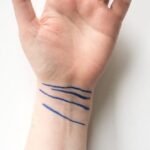It’s not just your imagination; the sudden feeling of aging is real. A study published in Nature Medicine by researchers from Stanford University in the US revealed that our bodies undergo rapid decline at three specific ages: 34, 60, and 78.
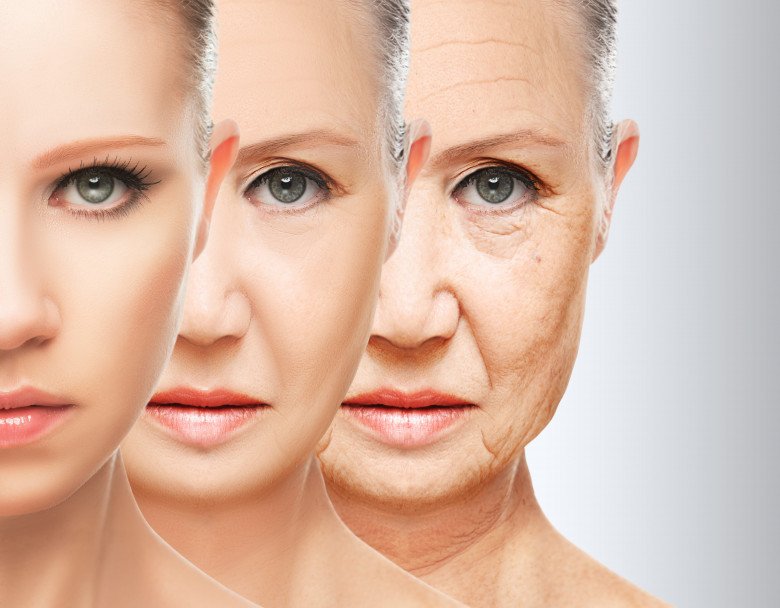
Women tend to experience accelerated aging after the age of 35.
This is also supported by the ancient Chinese medical text, Huang Di Nei Jing, which states that after the age of 35, women’s Qi and blood in the Yangming meridians start to weaken. As a result, the decline of the Yangming meridians manifests as wrinkles and bags under the eyes. The muscles around the mouth lose elasticity, the skin darkens, and hair begins to thin.
While aging is inevitable, some people seem to age faster than their peers. There are four main reasons why this happens.
4 Reasons Why You May Appear Older Than Your Peers After Age 34
1. Face Shape: Thinner Faces Show More Wrinkles
Faces can be broadly categorized into two types: round and plump, or thin and slender.
Those with rounder, fuller faces may find that while they have fewer wrinkles, their overall facial features tend to lose definition and become less sharp over time.
On the other hand, individuals with thinner faces may not have to worry about sagging skin, but they are more likely to experience hollow cheeks, and their wrinkles become more pronounced. Over the years, you may notice that while your facial features remain almost unchanged, your wrinkles seem to deepen.
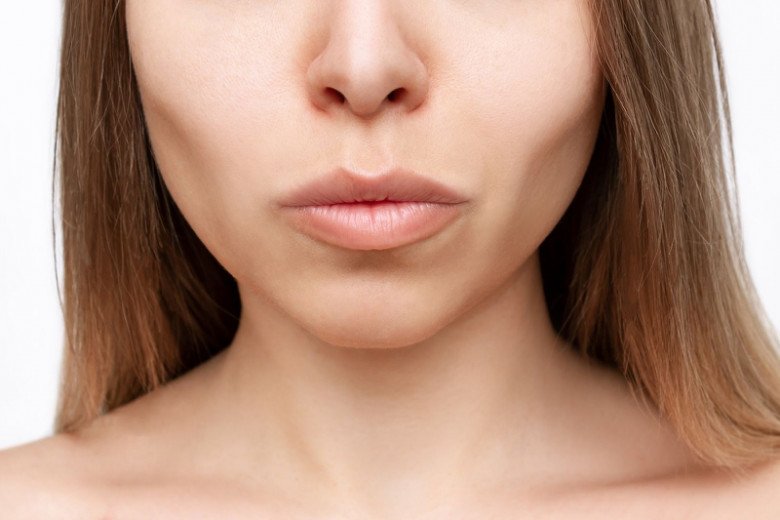
Thin faces with hollow cheeks tend to showcase wrinkles more prominently.
2. Gender: Women Age Faster Than Men
Women tend to develop wrinkles earlier than men of the same age. Regardless of age, men’s skin is generally about 20% thicker than women’s. Thicker skin means more collagen and a higher capacity for skin repair.
While wrinkles start to appear in both men and women, there is a difference in their pattern. Women tend to have more wrinkles around the nose, mouth, and jowls, while men have more wrinkles on their foreheads and crow’s feet.
In other words, women show more signs of aging in the lower half of their faces, whereas men’s wrinkles are more concentrated in the upper half.
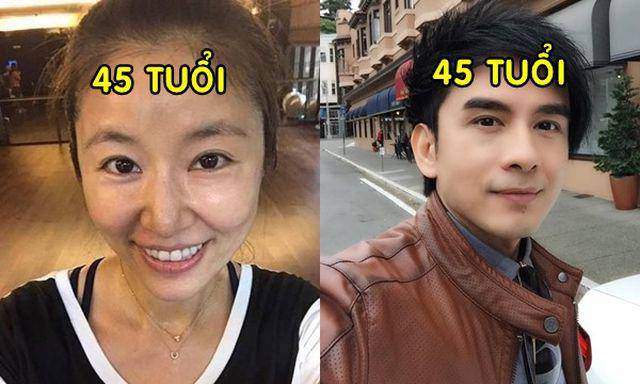
3. Skin Type: Dry Skin Is More Prone to Wrinkles
If you have dry skin, you may notice wrinkles appearing earlier than your peers. The stratum corneum, or the outermost layer of the skin, typically has a water content of around 20%. However, in individuals with dry skin, this drops to below 10%. As a result, dry skin lacks the protective benefits of oil, making it less resilient to external stimuli and more susceptible to damage.
Additionally, people with dry skin tend to develop deeper wrinkles compared to those with oily skin.
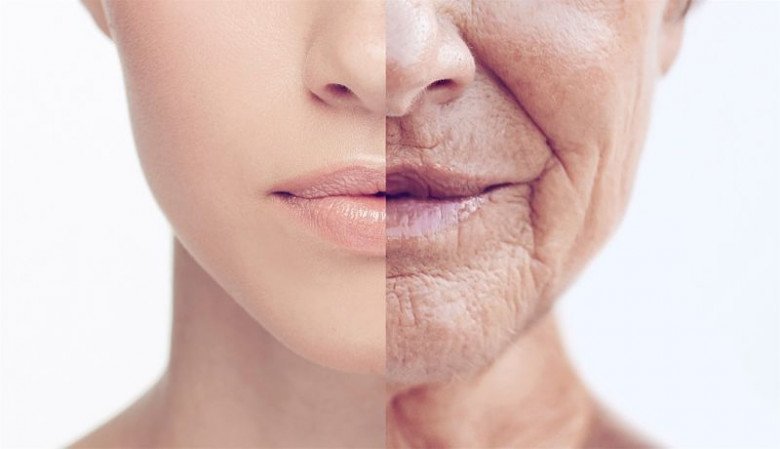
4. Skin Tone: Lighter Skin Has Weaker Defense
A long-term study published in 2010 revealed that individuals with lighter skin tones are more prone to developing wrinkles. This is mainly due to the lower levels of melanin in their skin, which serves two critical functions:
– Protecting the skin from UV rays
– Neutralizing free radicals and detoxifying by-products of oxidation
While lighter skin tones may be aesthetically pleasing, they offer weaker defense mechanisms, leading to more severe internal skin damage and an increased propensity for wrinkle formation.
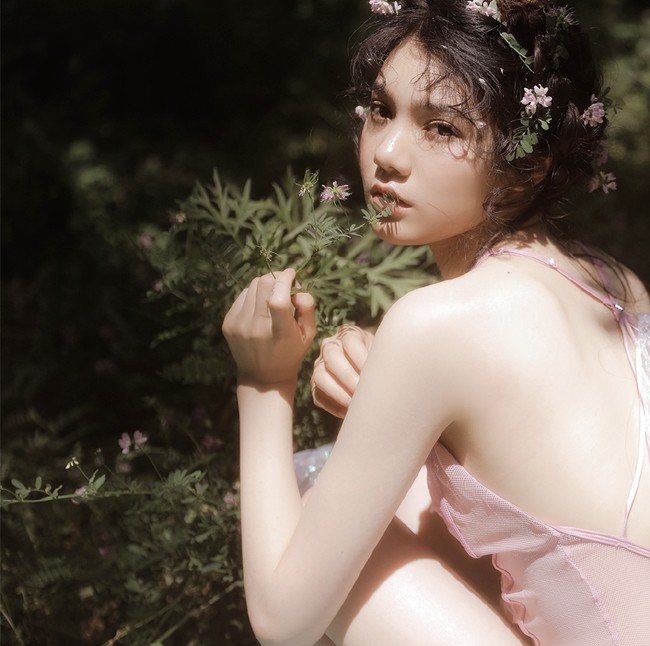
Anti-Aging Tips from Traditional Chinese Medicine
1. Diet and Health
Adopting a balanced and nutritious diet, maintaining regular mealtimes, and avoiding overeating or excessive alcohol consumption not only improves your overall health but also benefits your appearance.
2. Regular Lifestyle
Establishing a consistent and sensible daily routine that aligns with your body’s natural circadian rhythm will leave you feeling energized and potentially extend your lifespan.
Additionally, women should pay special attention to maintaining warmth when caring for themselves. This includes consuming warm foods and beverages, minimizing the intake of cold foods, and dressing appropriately for the weather.
3. Exercise
Finding a balance between work and rest, and engaging in moderate exercise, can enhance physical strength, improve muscle and bone health, and promote blood and Qi circulation. Committing to this routine over the long term can play a significant role in delaying the aging process.
4. Emotional Regulation
Cultivate a positive mindset, emotional balance, and mental resilience. Maintaining a healthy psychological state will undoubtedly contribute to a more youthful appearance, delaying the aging process and potentially extending your lifespan.


























